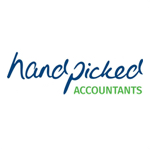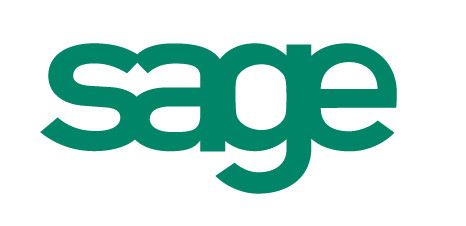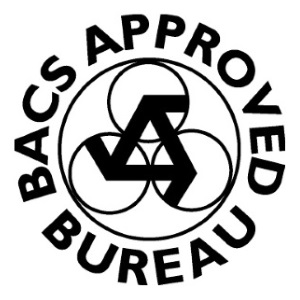Considering a holiday home to rent out? Here are the tax implications
Now that the clocks have gone back and summer is a dim and distant memory, next year’s holidays are on our minds. It’s a popular time of year for people to consider a holiday home, but what are the tax implications if you buy a holiday home to rent out?
A Furnished Holiday Let, or FHL, can have the tax advantages normally associated with trading properties, while the profits derived from lettings are still treated as rental income.
However, a number of conditions must be met in order for a property to be treated as an FHL. It must be furnished for ‘normal occupation’ and the occupiers must be able to use the furniture. Location is important too: the property must be within the UK or the member states of the EU, or in Norway, Liechtenstein or Iceland.
There are strict rules around availability and occupancy: the home must be available to the general public for at least 210 days per tax year and actually let as holiday accommodation for at least 105 days.
For those 105 days, you must have let the property to the general public with the intention of making a profit. As soon as you unveil your new holiday home, you’ll have a lot of interest from family and friends, but beware of ‘mates rates’: any days when you let the property at zero or reduced rates do not count as a commercial let and therefore do not count towards the 105 days. Long-term tenants can stay over 31 days, but they must not stay for more than 155 days in total over the year.
If you are below the 105 days in one year, but this condition was met previously, the property can still be treated as an FHL for that year. If you own more than one FHL, an average of both properties can be taken to meet the 105 day rule.
If you let properties that qualify as furnished holiday lets:
- You can claim Capital Gains Tax reliefs for traders (Business Asset Rollover Relief, relief for gifts of business assets, relief for loans to traders and Entrepreneurs’ Relief, which can reduce the CGT payable for higher rate taxpayers from 28 percent to 10 percent)
- You are entitled to plant and machinery capital allowances for items such as furniture, equipment and fixtures. Up to £200,000 annually can be written off 100% against profits. You can also claim for trading expenses such as marketing/advertising, utilities, cleaning and laundry, repairs and renewals and letting agents fees.
- The profits count as earnings for pension purposes and can allow for more tax allowable pension contributions to be made.
If you are considering a holiday home, or would simply like to talk through your tax affairs, give us a call on 0161 476 9000 or contact us here.












